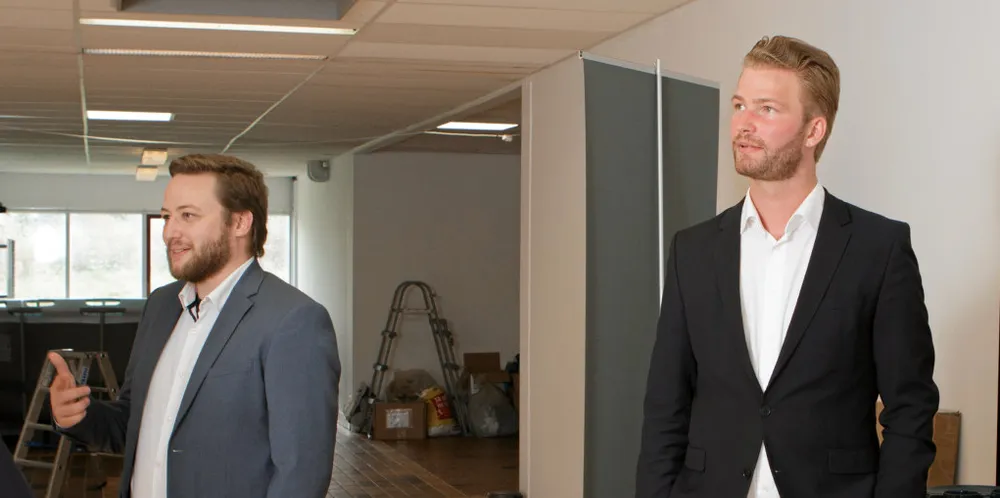After their land-based shrimp farming dream stumbled, this pair focused on closing the data gap
Trying to approach the industry's biggest problems with a simple affordable solution has been the most challenging aspect of their work.

Trying to approach the industry's biggest problems with a simple affordable solution has been the most challenging aspect of their work.
